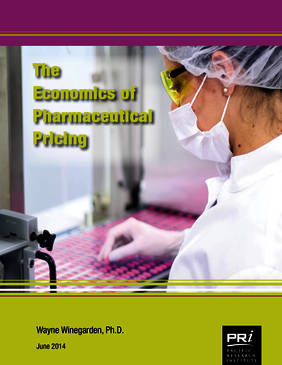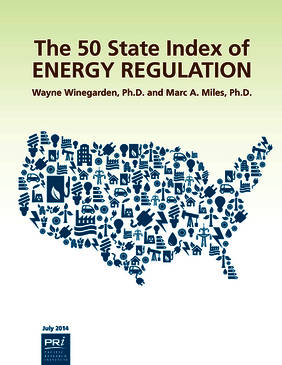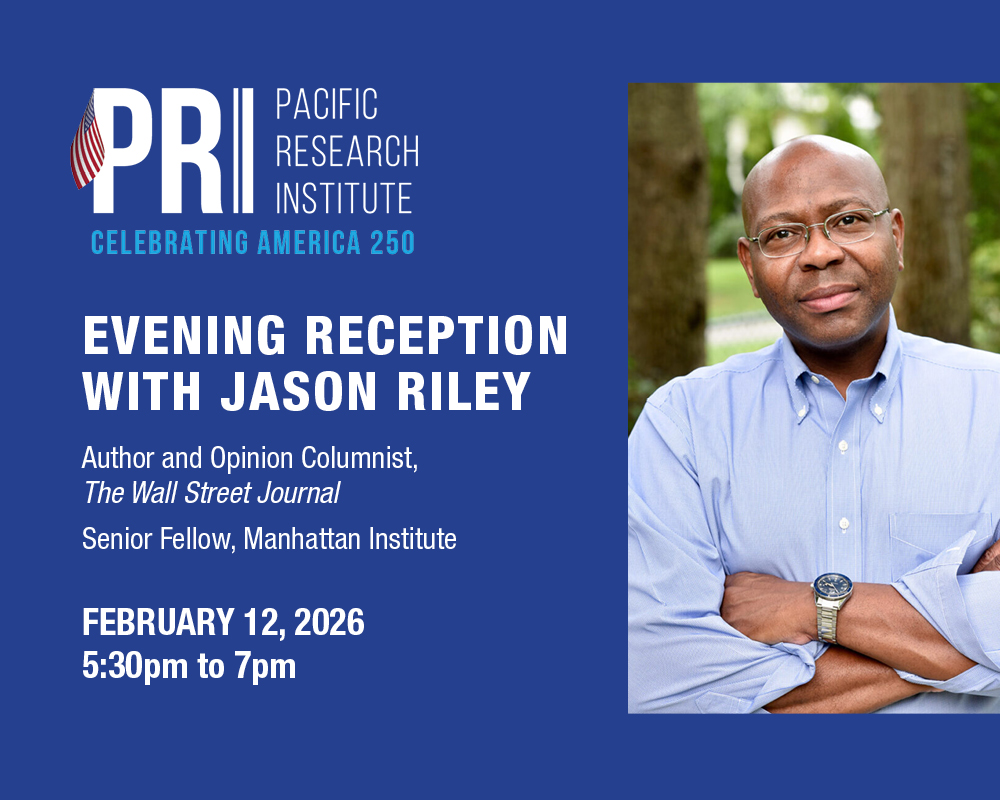Today PRI released the new report The Economics of Pharmaceutical Pricing by PRI senior fellow Wayne Winegarden, Ph.D. The study examines the market forces influencing the often dramatic price differences in pharmaceutical drugs before and after their patents expire.

Some critics erroneously see the sharp declines in the prices of pharmaceuticals once their patents expire as a sign price-gouging existed while the pharmaceutical products were on patent, said Dr. Winegarden. However, significant price declines for pharmaceuticals following patent expiration are an indication that the pharmaceutical market is efficiently balancing two goals: 1) encouraging innovation and 2) providing access for as many patients as possible.
The first goal, encouraging innovation, will only continue if pharmaceutical companies are provided an opportunity to recover their costs of capital. Dr. Winegarden estimates that the average cost of capital for R&D, accounting for the cost of time and risk, is $17.2 billion. Based on a patent exclusivity of 11 ½ years, a successful drug must earn $1.5 billion each and every year just to cover the capital costs for R&D expenditures. Once a patent expires, the price structure no longer needs to attempt to recoup $1.5 billion in annual costs. The costs reduction is manifested in a significant drop once generic competitors enter the market. This achieves the second goal: to help as many patients as possible access the drug.
Dr. Winegarden writes, The R&D process for innovative drugs is lengthy, requires billions of dollars of outlays, and is fraught with risks. Alternatively, it is relatively inexpensive for a competitor to copy a new pharmaceutical product once an innovative drug has been created. Without a period of market exclusivity, pharmaceutical manufacturers would be prevented from attracting the necessary financial resources to create new and better medications. The market results created by our current patent system higher prices while on patent, and steep price declines that occur in the market once the patent expires is the efficient and expected result that balances the goals of funding the large expenses of developing innovative drugs for tomorrow and making drugs as affordable as possible today.
The Economics of Pharmaceutical Pricing was authored by Wayne Winegarden, Ph.D. To arrange an interview with Dr. Winegarden, please contact Rowena Itchon at 415-955-6123 or Laura Dannerbeck at 415-860-3762.


